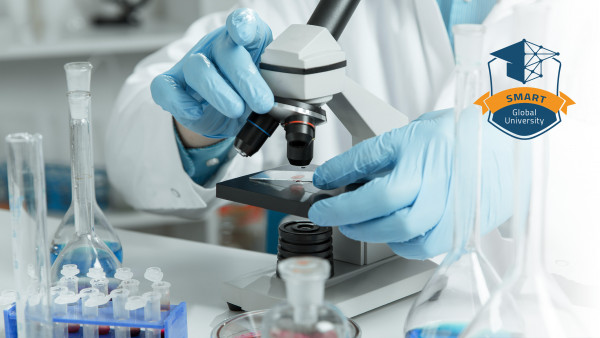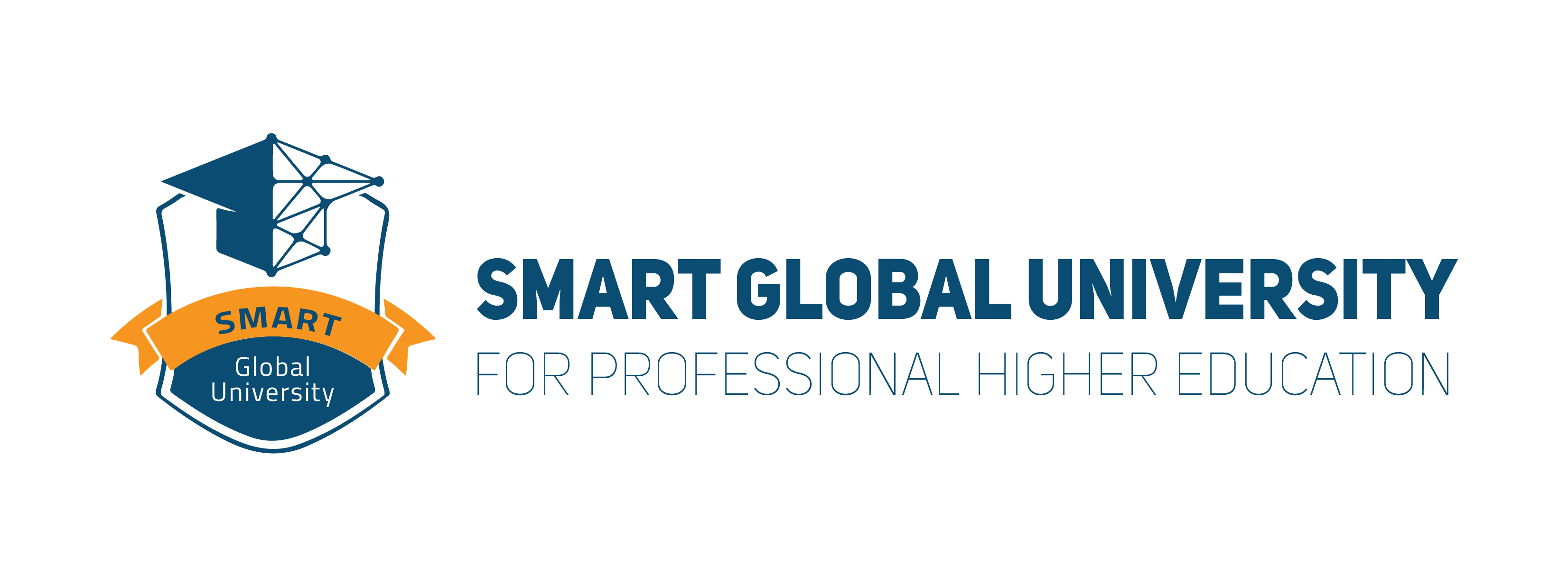Department of Medical LaboratoriesMedical Sciences / Department of Medical Laboratories

who should attend?
فنيو المختبرات الطبية
الأخصائيين الطبيين
العاملين في الشركات الطبية والمؤسسات الصحية ومختبرات المستشفيات
كل من يريد دعم مهاراته ودخول مجال العمل في هذا التخصص
objective
يهدف تخصص المعامل الطبية إلى:
إيجاد فنيين مختبرات جاهزين لمواكبة التطورات العلمية في الطب المخبري.
تخريج كوادر مؤهلة عملياً وعلمياً له القدرة على التعامل مع التقنيات والأجهزة المعملية الحديثة.
تحفيز وتعزيز البحث العلمي في مجال الطب المخبري
إعطاء معلومات دقيقة ومنطقية لتحليل المختبر.
معرفة أسس أخذ العينات بشكل صحيح ، ومعرفة العينات الصحيحة من خلال جمع عينات مختلفة من السوائل أو الدم ، وتحديد المواصفات لقبولها أو رفضها في المختبر.
استخدام وصيانة أجهزة التحليل الآلي.
content
كيف يتم بناء المنهج وما هي المواضيع التي يتم تناولها في المنهج؟
1- التدريب الميداني: يقصد بالتدريب الميداني أن يكون العديد من الخبرات والثقافات والمعارف والمهارات التي يتم تقديمها في جهات مختلفة بطريقة مخططة ومنظمة تهدف إلى رفع مستوى الفهم والوعي لدى الطلاب وزيادة خبراتهم ومهاراتهم ورفعها. مستوياتهم بطريقة ستساعدهم لاحقًا على النجاح في تحقيق أهدافهم.
2- علم الطفيليات: وهو العلم الذي يهتم بدراسة الطفيليات وعلاقتها بالجسم المضيف. يدرس العلاقة بين كائنين أحدهما يتغذى على الآخر ويطلق على الآخر الكائن المضيف وتسمى العلاقة بينهما بالتطفل
3. Virology: It is the science specialized in the study of viruses - invisible and the genes of parasitic particles surrounded by a protein casing and virus-like particles,
4.Clinical chemistry: Most existing laboratories are highly developed, using rigorous monitoring and controlled by high quality systems. Tests requiring blood cell measurement and examination, in addition to the study of blood clotting, are not included in this branch of pathology in many countries.
5- Microbiology: It is the science that specializes in the study of single-celled, multicellular as well as non-nucleus microbiology such as viruses, including some real nuclei such as fungi and priorities, as well as nucleic primitives such as bacteria.
6- علم الوراثة: هو العلم الذي يدرس الجينات وعلم الوراثة والتنوع الناتج للكائنات الحية. لطالما استخدمت مبادئ الميراث الجيني لتحسين المحاصيل الزراعية وتحسين تربية الحيوانات.

 Business Management
Business Management Law
Law Health and sports
Health and sports Political Science
Political Science Cosmetic Medicine
Cosmetic Medicine Medical Sciences
Medical Sciences Humanities and Social Sciences
Humanities and Social Sciences Design
Design Media and Technology
Media and Technology Chemistry
Chemistry Management of Oil, Gas and Energy
Management of Oil, Gas and Energy Engineering Project Management
Engineering Project Management Psychology
Psychology Engineering
Engineering Islamic Studies
Islamic Studies Literature
Literature Industrial Project Management
Industrial Project Management Tourism and travel
Tourism and travel Journalism
Journalism Online Business Development
Online Business Development Quality Management
Quality Management Environmental Management
Environmental Management Information Security Management
Information Security Management Food Safety
Food Safety ICDL
ICDL crafts
crafts Office Management
Office Management Human Resource Management
Human Resource Management Institutional Development
Institutional Development RedHat
RedHat Public Relations
Public Relations Anti - Bribery Management System
Anti - Bribery Management System Traffic Safety Management System
Traffic Safety Management System Purchases & Warehouses
Purchases & Warehouses International storing and distribution practice
International storing and distribution practice